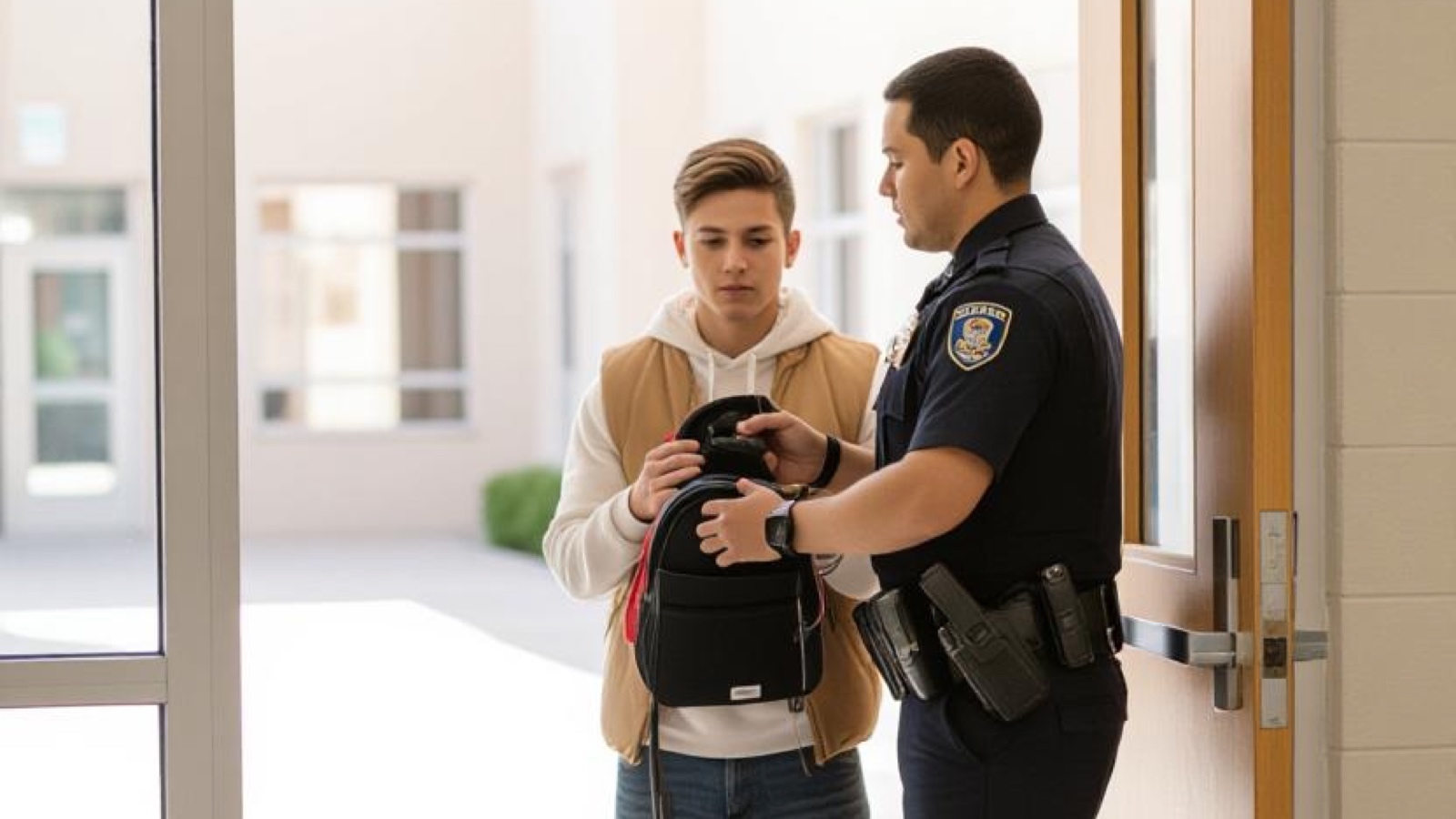Drug Possession Basics for Teens & Parents
“Possession” isn’t just what’s in a pocket. Here’s a calm guide to actual vs. constructive possession and what families can do right now.

Actual possession means an item is on you or in your hand. Constructive possession can include items in shared spaces—like a backpack on the floorboard, a dorm shelf, or a jacket you’re borrowing—when there are facts tying you to control. That’s why your words matter under stress. Use clear, calm language to avoid guessing, apologizing, or filling silence.
Script: “I choose to remain silent. I want a lawyer. I don’t consent to any searches.”
What to do in the moment
- Keep hands visible and movements slow. Provide ID if required.
- Do not debate facts on the sidewalk. Save details for your lawyer.
- If asked to consent to a search, it’s okay to say, “I don’t consent.”
- If the situation moves to booking, treat calls as recorded: logistics only.
Parents & guardians: useful first steps
- Gather basics in one folder: legal name/DOB, booking or incident number, next court date.
- Set a shared calendar for deadlines and appointments.
- Keep group texts factual—who/when/where. Skip play-by-plays or opinions.
- Talk with counsel before posting details on social media.
Common myths to avoid
- “It wasn’t on me, so it can’t be mine.” Shared spaces can still create risk.
- “Explaining everything will clear it up.” Stress creates contradictions—silence protects clarity.
- “If I say yes to a quick search, I’ll look cooperative.” Consent expands the search; think before you say yes.